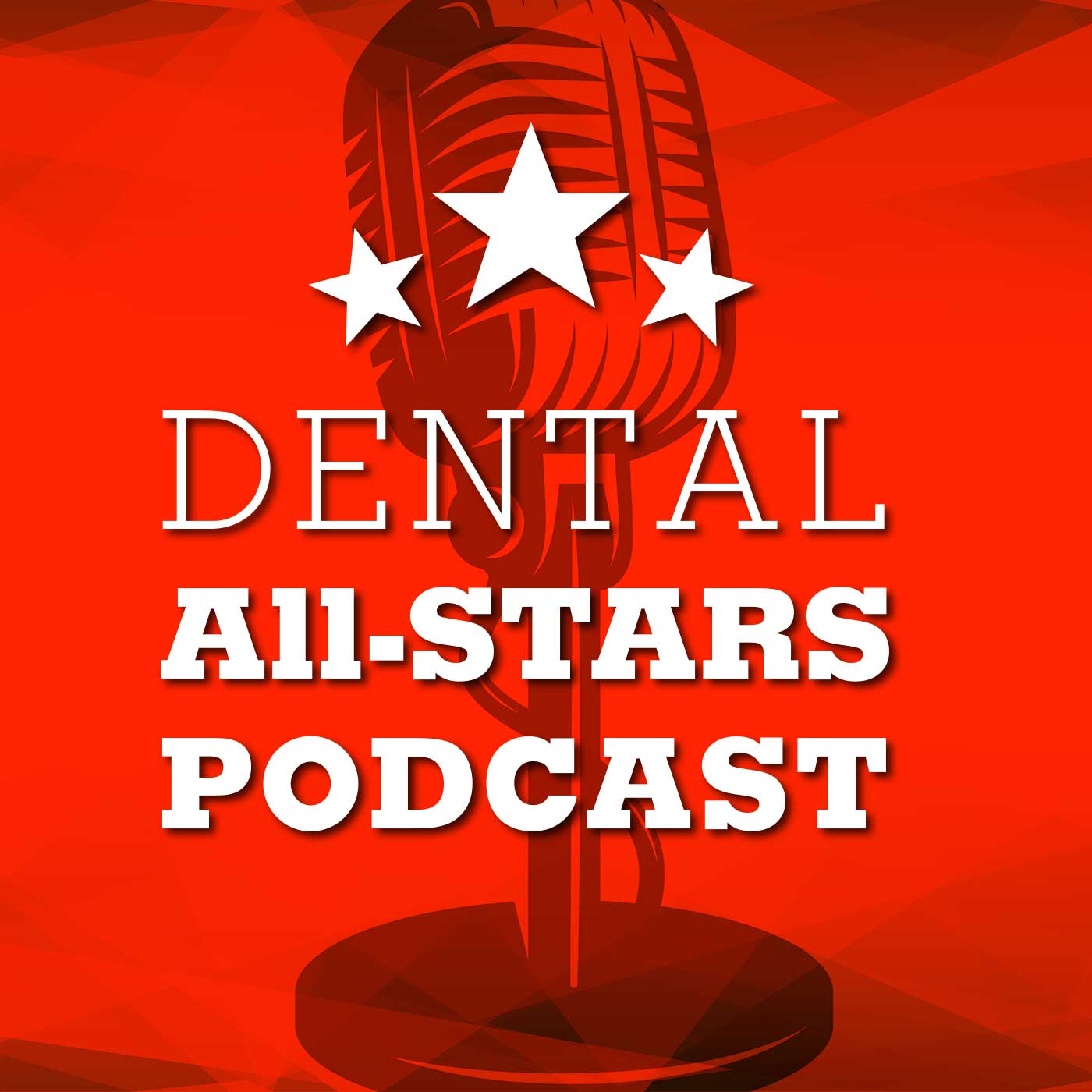Very few people jump for joy when faced with the prospect of going to the dentist, and they come up with all kinds of case acceptance objections. We’ll look at why people object to treatment and explore some tactics to help overcome those objections.

Context is Everything
When faced with an objection, an important step is to take a breath and put the objection into context. Often, when a patient speaks up with an objection about moving forward with treatment, it is not a “real” objection. Instead, it is a request for more information, where the patient is asking, perhaps in an unconscious manner, for help to improve understanding about why a treatment is necessary and worth the price tag.
So, don’t get annoyed, angry, or “put off” by a patient raising an objection. Instead, work with them to gain insight into the nature of the objection, and then collaborate to find a solution that is comfortable with everyone.
Watch Alex Nottingham JD MBA, Larry Guzzardo, All-Star’s Head Instructor, and Eric Vickery, All-Star Coach, discuss Case Acceptance and Objections…
What Is an Objection?
An objection is simply a reason for not accepting treatment recommendations based upon inadequate information or lack of engagement. In essence, an objection occurs when a patient’s understanding of their oral health situation does not align with the prescribed treatment. This misunderstanding can happen for many reasons, but most often it comes down to a challenge with Doctor/Patient communication.

Why Does an Objection Occur?
Objecting patients typically don’t understand the depth of a problem, nor the consequences of failing to treat their problem. The objecting patient may not have been able to understand what you were saying as you described their condition and how you suggest it is remedied.
There are five main categories of objections:
- Money
- Time
- Fear
- Urgency
- Trust
Objections of these types usually come up because something is missed when describing a condition and the appropriate treatment. Perhaps the omission is due to a communication problem, or a lack of rapport. As with every step of the patient experience, a friendly and trusting relationship is critical.
Another reason for miscommunication may be that the scope of the recommended treatment is overwhelming to the patient, and the default reaction is to say “no thank you.” You may have hammered home all the treatment the patient requires without adequately describing the issues and the consequences of failing to act. Or perhaps the scope of the treatment sounded like it would be very expensive.
Listen to a podcast about how using photography can improve
case acceptance rates.
Legitimate Objections?
Please understand that some reasons patients can’t accept treatment are legitimate and involve genuine life conditions. We don’t consider these to be true “objections,” although they may sometimes be mistaken as such. When there is a situation that makes it literally impossible for a patient to move forward with treatment, then that is not a voluntary objection but a life circumstance that requires time and life changes for it to become resolved.

Common Case Acceptance Objections
As for actual case acceptance objections, here are a few of the most common ones you will hear from patients:
- “I can’t afford it.”
- “Will my insurance benefits cover the treatment?”
- “I have to talk it over with my spouse and get back to you.”
- “What if I’m not in-network?”
- “I have to think about it.”
- “Can I wait to get work done?”
- “I can’t get approved by third-party financing.”
- “Can we just do the highest priority item first?”
- “I have to look at my schedule.”
- “Does it really need to be done?”
Case acceptance objections may sound like someone is giving you resistance, but the subtext is likely that they are asking for assistance in understanding. Whenever something you are offering does not match their expectations, they will ask you, sometimes in the form of an objection, for more help in understanding the problem.
You have to make it clear to the patient how the treatment you are suggesting will solve the current problem they have and minimize the chances that the problem will worsen. When the patient receives the right amount or kind of information, they will be more comfortable with the situation and be inclined to accept treatment over their initial objection(s).
Case Acceptance Objections Are Ephemeral
Case acceptance objections are not insurmountable obstacles to someone getting necessary treatment. An objection is a signal for assistance in understanding why the treatment is required and why the cost is worth it. Once you understand this, you will be able to flip a NO into a YES.
I’d like to invite you to participate in our online training event “Case Acceptance: Getting Patients Saying YES without Hype, Pressure, or Sales.” We will explore issues such as the ones in this blog post that keep your patients from accepting dental treatment.
Listen to Alex Nottingham JD MBA, Larry Guzzardo, All-Star’s Head Instructor, and Eric Vickery, All-Star Coach, discuss Case Acceptance and Objections…









